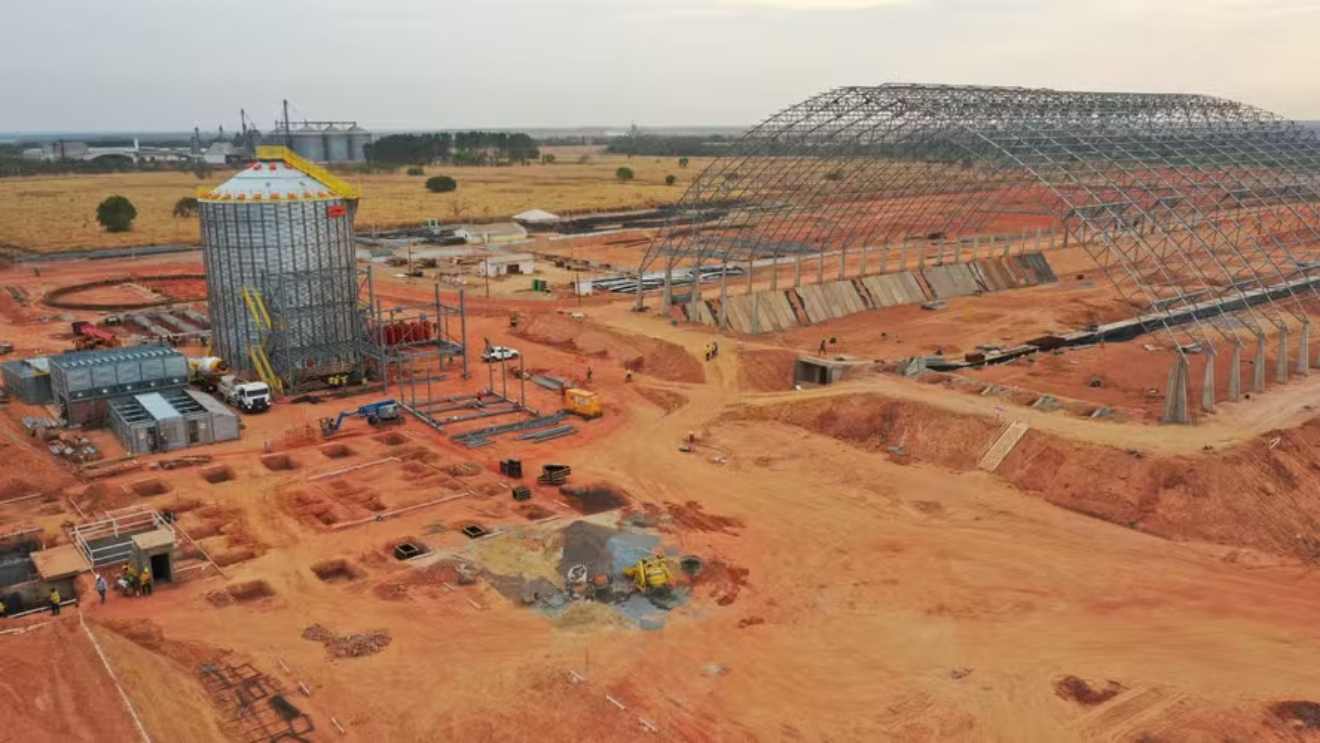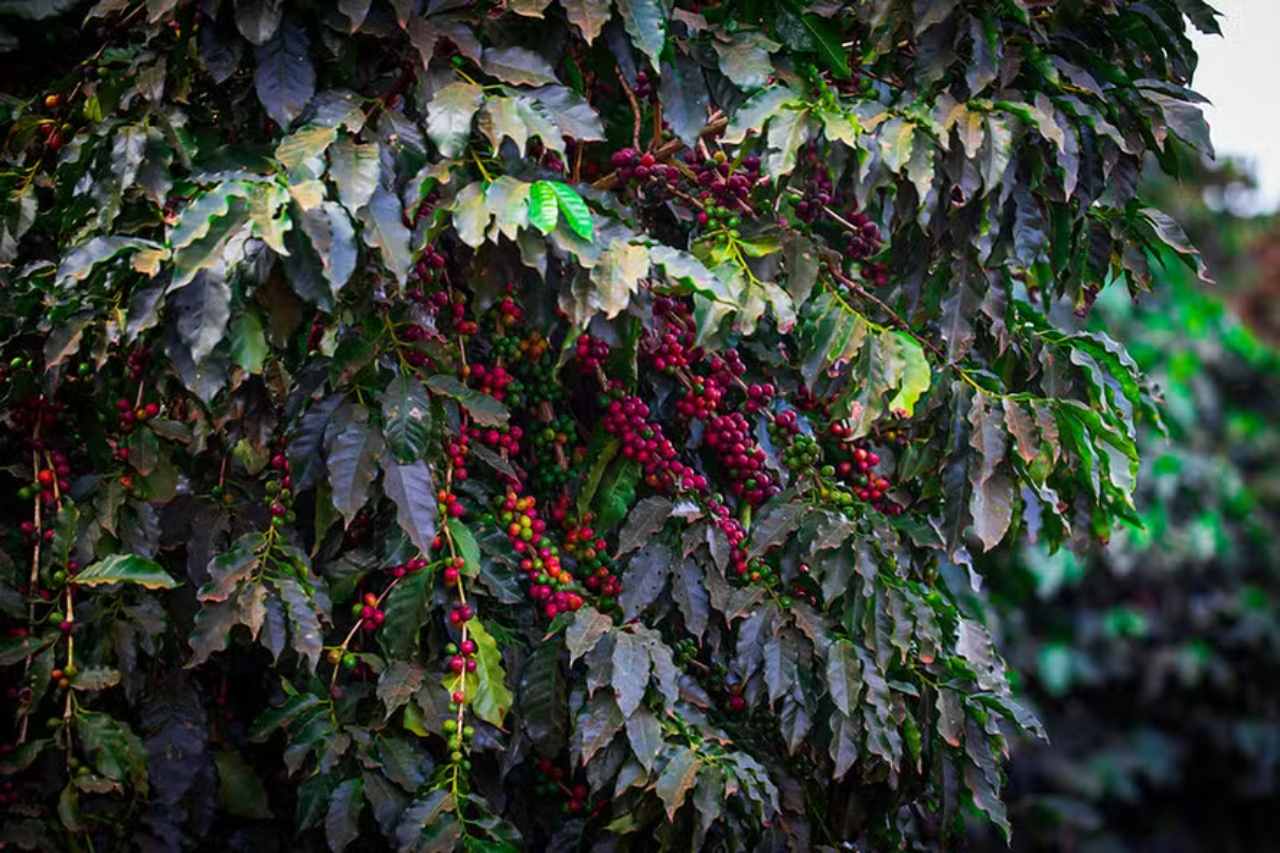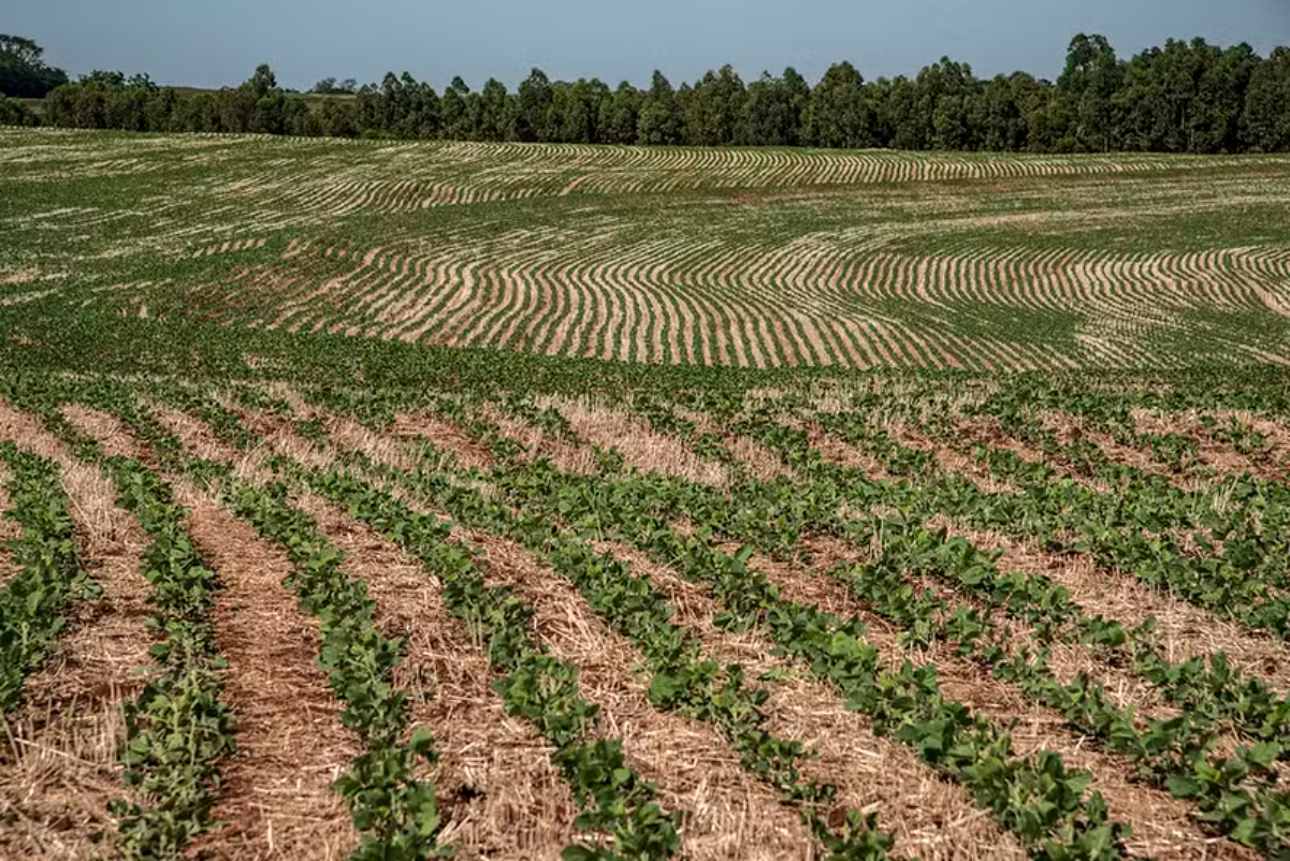Itaú BBA Survey Reveals 22 New Plant Projects in Brazil’s Ethanol Industry
The expansion of Brazil’s corn ethanol industry, which has grown from a 2% share to 19% of the country’s ethanol supply in just five years, is set to accelerate in the coming years. According to a survey by Itaú BBA, which analyzed 22 projects for new ethanol plants or factory expansions, an investment of R$ 20 billion will be required.
These projects are expected to add 6 billion liters of annual ethanol production capacity and create an additional demand for 14 million tons of corn per year. This represents a 20% increase in ethanol supply compared to the current 2024/25 harvest and an 80% increase in the corn demand required for ethanol production.
While the survey maps out potential projects, not all are expected to be implemented immediately, and some may not be realized. “We believe about half will be completed in the short term,” says Guilherme Theodoro, Itaú BBA’s agribusiness credit manager.
Itaú BBA’s commercial department forecasts that corn ethanol production will increase by 1.3 billion liters over the next two harvests, rising from 6.3 billion liters in the previous season (2023/24) to 8.7 billion liters in the 2025/26 season.
A common characteristic among most of the projects is that they are being developed in regions where this industry is not yet present, such as northern Mato Grosso and the Matopiba region—where Maranhão, Tocantins, Piauí, and Bahia meet.
One such project is Tocantins Bioenergia, a joint venture formed by Agrojem (50% participation), ACP Bioenergia (35%), and Czarnikow (15%). The company will build a plant in Miranorte (TO). “From a logistical point of view, Tocantins is very well positioned. It is the best state to transport ethanol to the Northeast,” says José Eduardo Guimarães Motta, a partner at Agrojem. Furthermore, Agrojem and ACP, which farm in the region, will guarantee up to 40% of the corn supply for the plant.
These new ethanol plants are expected to boost local corn production and even stimulate the growth of second-crop corn, says Lucas Brunetti, agribusiness consultant at Itaú BBA.
According to the bank’s calculations, the additional demand could turn Bahia, for instance, from an exporter of 1.25 million tons of corn per harvest into a deficit of 350,000 tons. Similarly, Maranhão and Piauí’s export surpluses would drop by 1 million tons each, while Tocantins’ surplus would be cut in half to 830,000 tons.
Mato Grosso is projected to see the biggest shift, with the export surplus of corn shrinking by 7.2 million tons. Currently, 24% of the state’s corn harvest is used to produce ethanol. If agricultural production remains stable, the new plants will raise ethanol’s share of the corn supply to 38%.
Most existing ethanol plants in Mato Grosso are located along BR-163, but new facilities are set to be built along BR-158. Agrícola Alvorada, for example, plans to build its first unit in Canarana, for which it secured R$ 500 million in financing from BNDES through the Clima Fund, with the total investment expected to reach R$ 600 million.
The Itaú BBA survey also predicts a reduction in corn export surpluses in Mato Grosso do Sul, Minas Gerais, Paraná, and Rondônia. Brunetti believes that initially, the new plants will push up regional corn prices, and in the medium term, will encourage corn cultivation.
At the same time, these industries will increase local ethanol supply in areas where the biofuel is less competitive compared to gasoline. For instance, Mato Grosso currently produces 4.15 billion liters of ethanol more than it consumes; with the new plants, that difference could grow to 7.24 billion liters, Itaú BBA estimates.
The increase in ethanol production will also reduce the need for ethanol imports in some states. For example, Bahia would no longer need to import ethanol, currently purchasing 689 million liters per year, and Maranhão would stop importing to become a net exporter with an excess of 303 million liters annually.
However, this increased supply is expected to pressure ethanol prices. “In these states, the ethanol price parity is high because the price of ethanol is quite expensive, but it will need to fall to stimulate consumption,” says Theodoro.
Itaú BBA estimates that building a corn ethanol plant costs about R$ 3.50 per liter of ethanol production capacity, or R$ 1,200 per ton of corn processing capacity. These figures include both the industrial and grain storage facilities. With the additional working capital required to purchase corn, the bank estimates that the 22 mapped projects will demand an additional R$ 9 billion in investment.
Some projects have already secured financing from BNDES at low interest rates, but not all financing needs have been met. Through the Clima Fund, BNDES approved R$ 1.5 billion for new corn ethanol plants—less than 10% of what the private sector plans to invest. Theodoro believes there is still room for private banks to fill the gap in financing this expansion.





